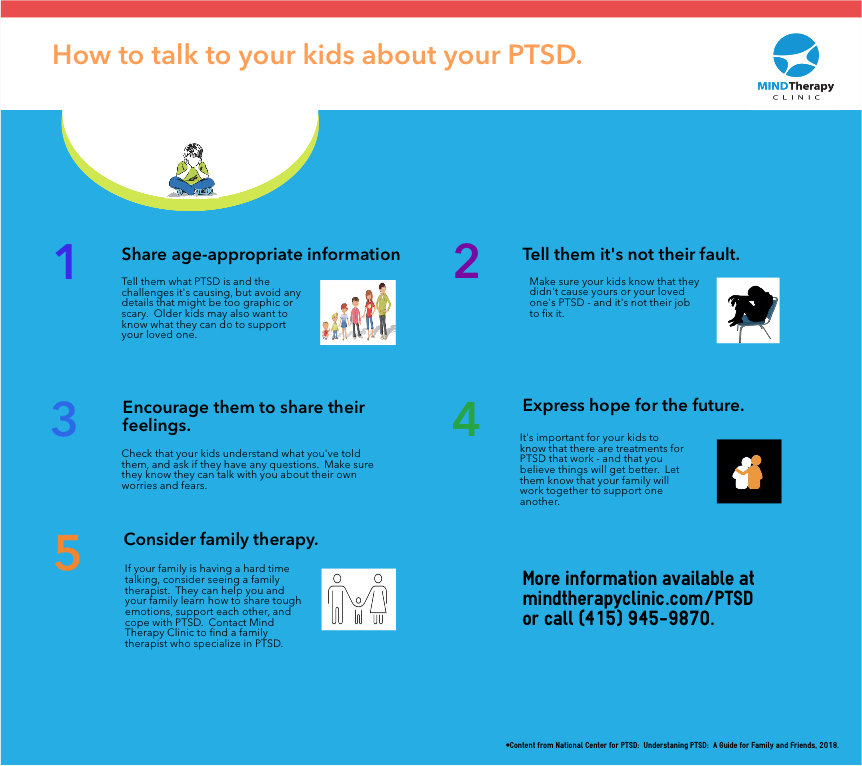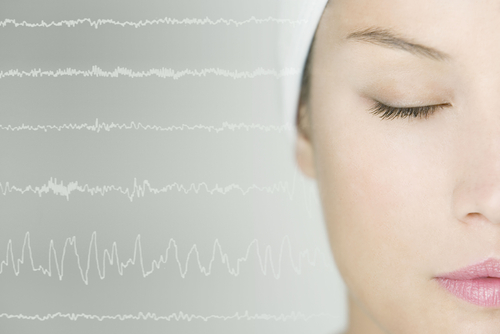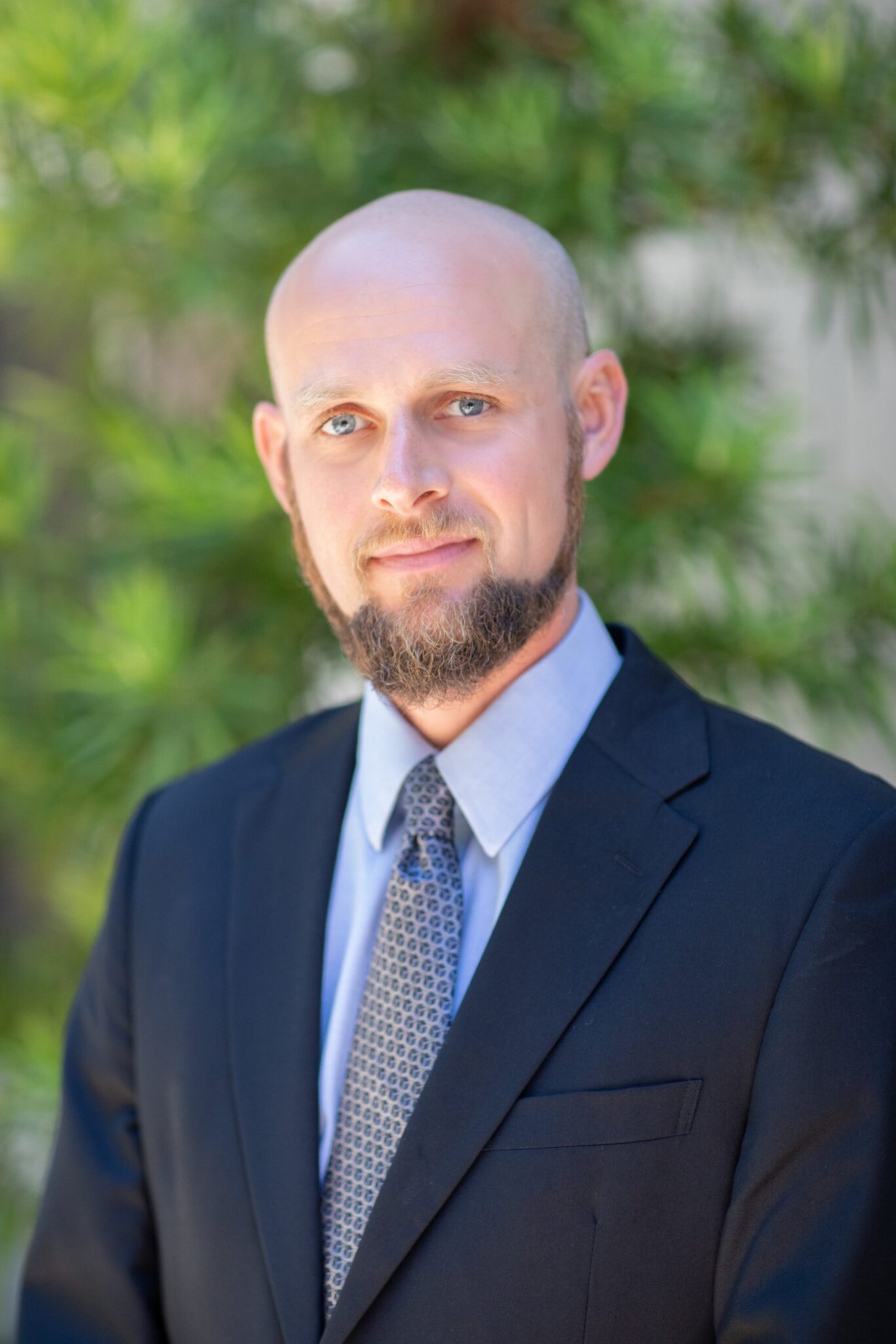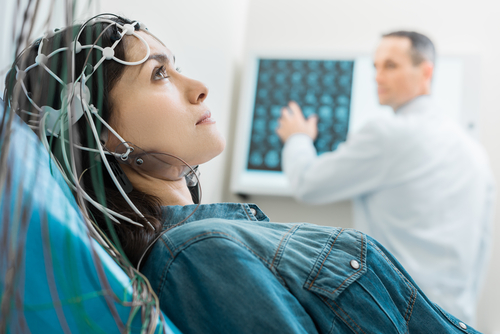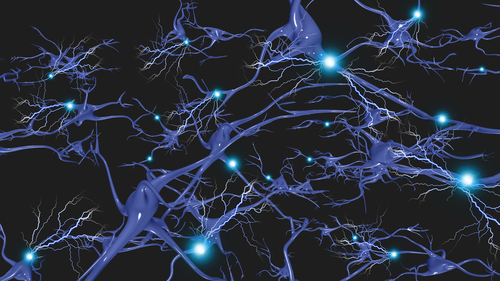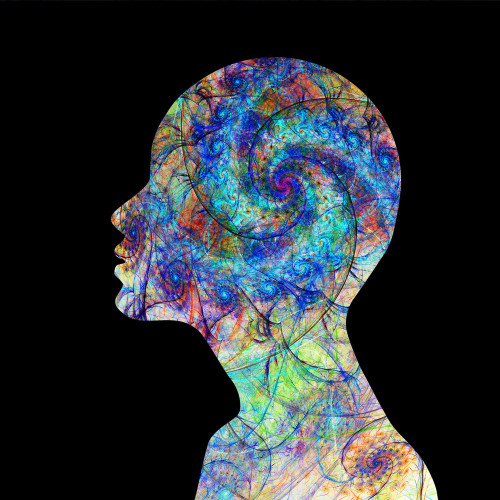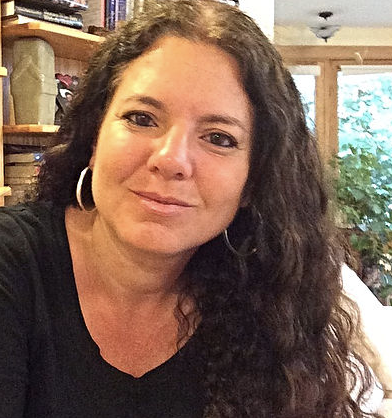It can be confusing and worrisome for kids when a parent is suffering, but there are things you can do to help kids cope.
Continue readingCatalyst-Assisted Psychotherapy – Emerging New Treatments
MYnD Analytics Gets Breakthrough Tag for Mental Health Decision Support Tool
Congratulations to Dr. Schiller and MYnd Analytics! The FDA has awarded breakthrough device designation to a MYnd Analytics’, PEER 4.0, a technology that identifies the medications most likely to work in patients with mental health conditions.
Continue readingThe Future of Psychiatry – by Nicholas Reeves, MD
In the words of famous neuroscientist Donald Hebb, “Neurons that fire together, wire together.” Thus, the conditioning that led to abnormal neural circuit activity can be recognized, and new patterns of thinking and behavior can be strengthened through conditioning that installs healthier patterns through the mechanisms of neural plasticity (e.g. changes in number of synapses for communication between neurons within a network and number/sensitivity of the neurotransmitter receptors on the postsynaptic neurons).
Continue readingNeuroscience-Informed Psychiatric Medication Management
The neuroscience helps us to understand the distal mechanism of action of the medications we use in psychiatry. What is important to understand from the neuroscience is that the final result for individuals with any psychiatric disorder is that there are changes in the connectivity and function of various brain circuits that correlate with the symptoms of their respective illness
Continue readingNeuromodulation Therapies – Exciting New Development
There are now two well-researched neuromodulation therapies that are specifically designed to alter activity in brain circuits that exhibit abnormal activity in specific psychiatric disorders. Transcranial Magnetic Stimulation (TMS) and Deep Brain Stimulation (DBS) were developed specifically with an understanding of neuroanatomy and the physiology of neural networks as a guide.
Continue readingNeuroscience-Informed Psychotherapy – Why certain therapies may be effective.
The science also provides some explanatory power as to why certain therapies may be effective. For example, Cognitive Behavioral Therapy (CBT) helps patients to identify how certain errors in their thinking and certain maladaptive behaviors they exhibit helped generate and/or help perpetuate their disorders, as well as the interconnection between these cognitive distortions and the behavioral manifestations of their disorder.
Continue readingEmotion Focused Therapy with Galia Schechter, PsyD – 8/15, 1pm
Emotion-Focused Therapy (EFT) with Dr. Galia Schechter:
Learn:
-
EFT’s philosophy and general theory
-
The guiding therapeutic principles of EFT
-
How to practice basic emotion-focused techniques and interventions
Challenges and Successes in Applying Cognitive Processing Therapy – 6/22 CE
Cognitive Processing Therapy for PTSD Treatment
This two-hour presentation on Cognitive Processing Therapy (CPT) introduces participants to the 12-session format of this empirically supported treatment for Post-traumatic Stress Disorder. The theoretical framework of CPT be reviewed and key concepts of CPT will be defined. Participants will engage in experiential exercises to contextualize and practice CPT techniques. 10 SPACES AVAILABLE.
Continue reading
